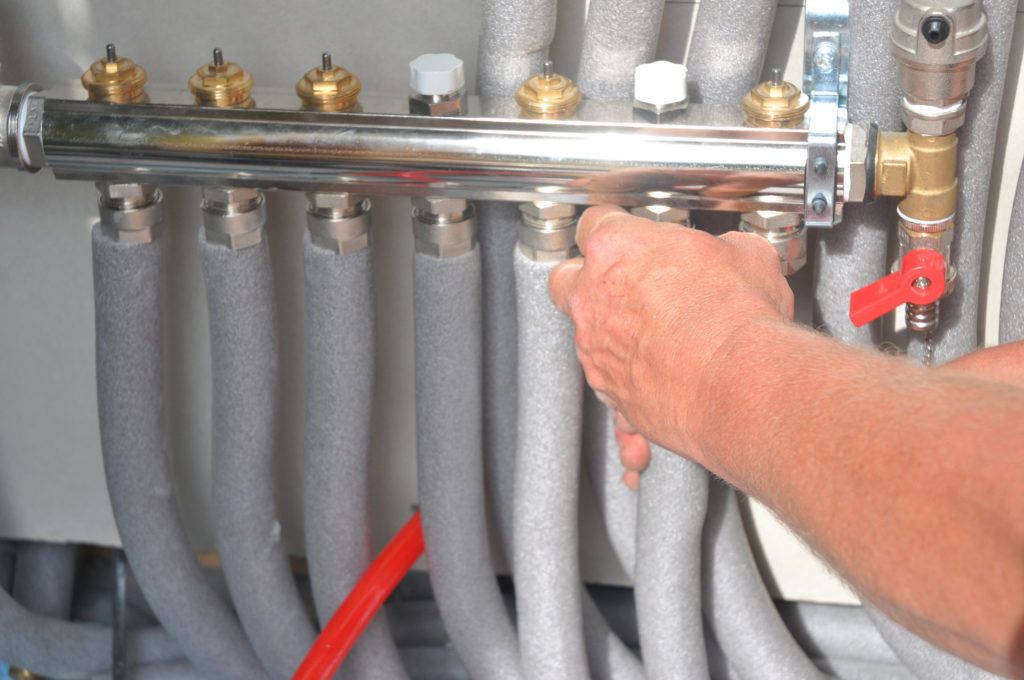onaDon’t Let Your Pipes Freeze on a Cold Winter Day
As possible sub-freezing temperatures loom in and around Parkersburg, WV, check your plumbing for frozen pipe dangers. It’s a confusing and terrible feeling when your pipes freeze up in the winter. It doesn’t take much for pipes to freeze, especially if they’re old or not insulated well enough. Pipes will freeze at temperatures of 20 degrees or colder. In our newest blog, Mountaineer Mechanical writes about why you should check your plumbing for frozen pipe dangers.
Make Sure Your Pipes Are Well-Insulated
One of the big reasons for frozen pipes is no insulation, or not enough insulation. If pipes have enough insulation, there is a possibility that they may freeze after six to eight hours of no use or heat. For poor or no insulation, install new insulation. If you don’t have enough insulation, your pipes could freeze up quickly. Hire a professional to insulate your pipes if you can’t insulate them yourself. If you’re installing your pipe insulation, don’t overlook any plumbing fittings that weather affects.
Check Whether Your Heat Tape is in Good Condition
Check the heat tape to combat frozen pipes. If the heat tape is in bad condition, buy new heat tape at the hardware store. Heat tape raises the temperature of your pipes. Make sure you only buy approved products, and always follow the manufacturer’s instructions.
Open the Cupboards in Your Home
Open the cupboards in your bathrooms, so the warmer air in your home reaches pipes under sinks and behind cabinets.
Keep Your Home’s Temperature Above 50 Degrees
Keep your home warm at all times. Don’t let the temperature in your home fall below 50 degrees. If you do leave your home for an extended time, have somebody check on your home. Keep your home at a warm, consistent temperature, especially on very cold nights, to avoid frozen pipes.
Run Your Water, and Let Your Faucets Drip Overnight
When the temperature is below freezing, make sure to run water through every valve in your house frequently. In fact, before you go to bed at night, let the water drip at a slow pace. This keeps the water flowing, which reduces the risk of frozen pipes. It also protects against burst pipes if the water does freeze. It prevents pressure from building up between the faucet and an ice formation. If you’re worried about the water bill, think about the bill to get your pipes repaired.
Call the team at Mountaineer Mechanical toll-free at (800) 905-4172 or locally at (304) 917-3767. We are happy to talk to you if you want to check your plumbing for frozen pipe dangers.



